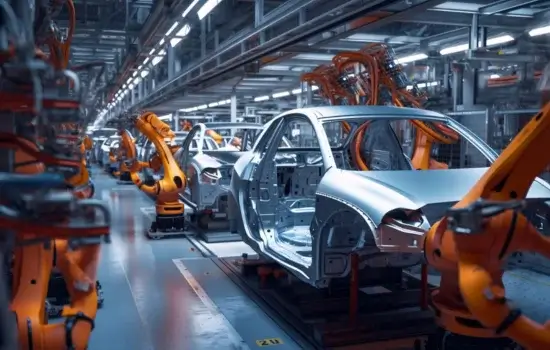Several major automobile manufacturers in India, including Maruti Suzuki, Hyundai, Mahindra, MG Motor, Mercedes-Benz, and BMW, have announced impending price increases across their model ranges, set to take effect from January 2025. These adjustments are attributed to escalating input costs, rising commodity prices, and other economic factors impacting the automotive industry.
Maruti Suzuki’s Price Adjustment
Maruti Suzuki, India’s largest carmaker, plans to raise vehicle prices by up to 4%, with the exact increase varying by model. The company cites rising input costs and operational expenses as the primary reasons for this decision. This marks the second price hike by Maruti Suzuki within a year, following a 0.8% increase in April 2024.
Hyundai Motor India’s Increment
Hyundai Motor India has announced a price increase of up to ₹25,000 across all models, effective January 1, 2025. The company attributes this adjustment to sustained increases in input costs, including global commodity price hikes and high import duties on raw materials. Hyundai’s decision follows similar moves by competitors in response to rising operational expenses.
Mahindra & Mahindra’s Response
Mahindra & Mahindra plans to increase prices for its SUV range starting January 2025. The company cites inflation and increased commodity prices as key factors necessitating this adjustment. The extent of the price hike will vary across different models, reflecting the diverse cost structures associated with each vehicle.
MG Motor India’s Adjustment
MG Motor India has confirmed a price hike for all models in its lineup from January 2025. The company attributes this decision to rising input costs due to overall inflation and increased commodity prices. Specific details regarding the extent of the price increase have not been disclosed.
Luxury Automakers Follow Suit

Luxury car manufacturers are also adjusting their pricing strategies. Mercedes-Benz India plans to increase prices of select models by up to 2%, effective January 1, 2025, citing rising input, commodity, and logistics costs. Similarly, BMW India has announced a price hike of up to 2% across its model range, attributing the adjustment to fluctuations in foreign exchange rates and rising input costs.
Industry-Wide Implications
The collective move by automakers to raise prices reflects broader economic pressures, including global commodity price increases, high import duties on raw materials, and supply chain disruptions. These factors have led to higher production costs, prompting manufacturers to pass on a portion of the burden to consumers. The automotive industry is also grappling with challenges such as inflation and fluctuating exchange rates, further impacting pricing strategies.
Consumer Impact
For consumers, these price hikes mean higher costs for both mass-market and luxury vehicles. Prospective buyers may need to expedite their purchasing decisions to avoid the increased prices or explore alternative financing options to mitigate the financial impact. Additionally, consumers might consider pre-owned vehicles or models from manufacturers that have not announced price hikes, though such options may be limited.
Future Outlook
As the automotive industry continues to navigate economic challenges, further price adjustments may occur. Manufacturers are likely to monitor input costs and market conditions closely, making pricing decisions accordingly. Consumers are advised to stay informed about potential future hikes and plan their vehicle purchases strategically.
In conclusion, the announced price increases by major automakers in India underscore the industry’s response to escalating costs and economic pressures. Both manufacturers and consumers will need to adapt to these changes as they navigate the evolving automotive landscape.


